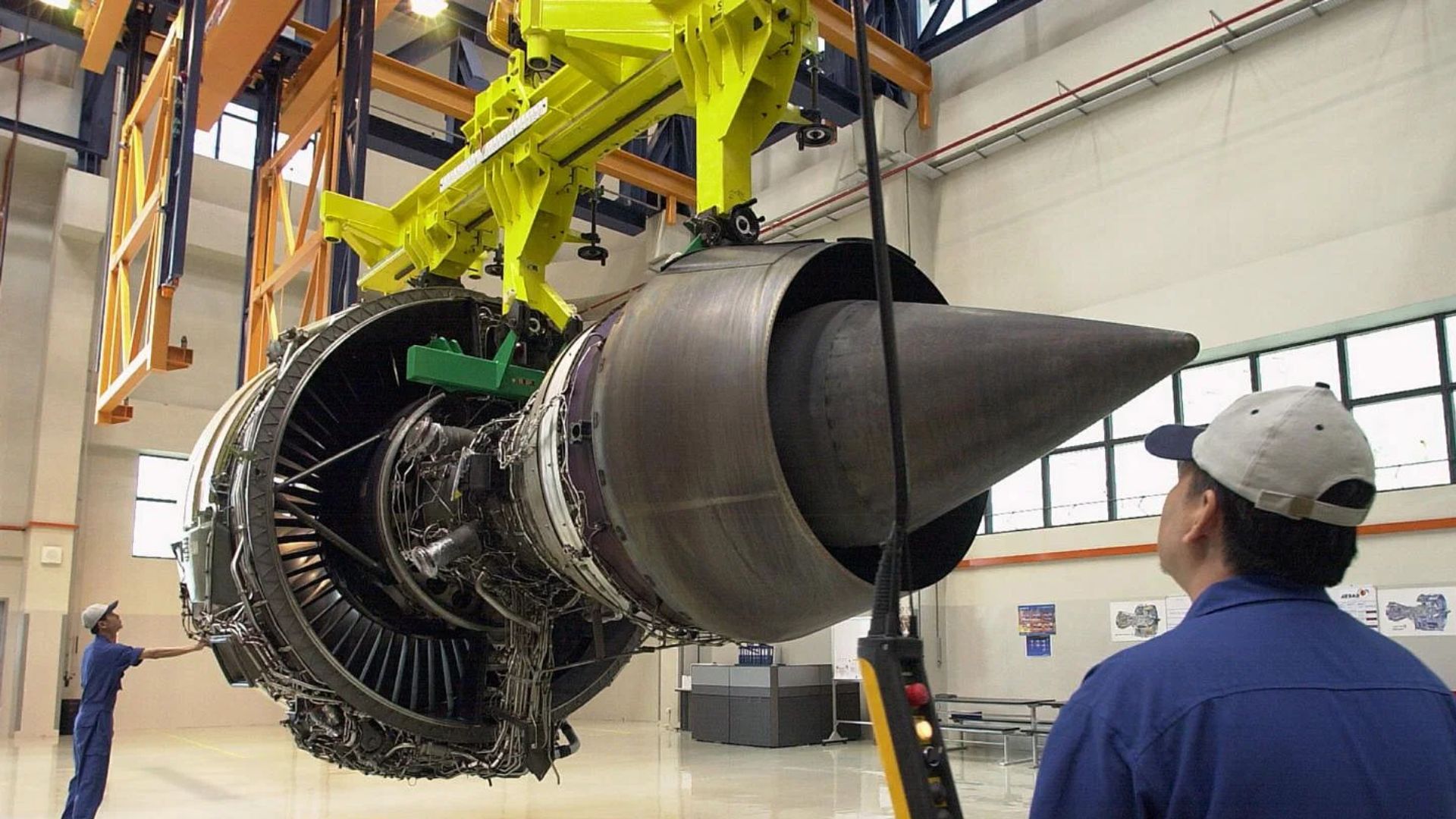Embracing Industry 4.0: Singapore's Aerospace Industry Looks to Automation and Disruptive Technologies for Growth
- Singapore | 7 July 2017

Singapore’s aerospace industry is facing challenges such as rising costs and labor shortages. To address these issues, the industry is turning to automation, Internet of Things (IoT), additive manufacturing, and other processes associated with Industry 4.0. While the industry has invested in training facilities to increase the number of skilled graduates, the demand for skilled labor is outpacing the country’s capacity to supply trained workers. In response, the Singapore Economic Development Board (EDB) and the Agency for Science, Technology and Research (A*STAR) are investing heavily in technology innovation processes. However, the feasibility and long-term effectiveness of these disruptive technologies remain uncertain.
Implementing robotics and automation successfully in aerospace operations requires alignment between manufacturers and regulators. The transition into automation is gradually taking place, with companies like JET Aviation utilizing 3D scanning, engineering, and manufacturing processes for aircraft assembly. Skilled labor will be replaced by automation, but the industry is cautious about adopting Artificial Intelligence (AI) due to regulatory challenges. The payback and economic viability of automation in the aerospace aftermarket environment are also being questioned, particularly for small and medium-sized enterprises (SMEs).
While automation may not be economically viable for all sectors of the aerospace industry, there are opportunities in the repair value stream. Companies like Accuron and Wah Son Engineering are seeking cost-efficiencies and addressing the shortage of skilled labor by adopting disruptive technologies such as additive manufacturing and robotic welding. Rolls-Royce, a key player in the industry, is implementing Industry 4.0 processes, including Big Data, IoT, and sensor technologies, to enhance their operations and offer predictive maintenance services.
Rolls-Royce acknowledges the challenges of creating algorithms that integrate the entire value chain in the digital field. However, they believe that Industry 4.0 processes will add value to their operations in the future. The aerospace industry in Singapore is also exploring the use of Serious Game type technologies and AI systems for training and crisis management purposes. While certification and approvals may delay the implementation of interactive training materials in maintenance, repair, and overhaul (MRO) operations, companies like Lufthansa Systems are assisting clients with IT solutions and data analytics to optimize services.
Accessing and analyzing large amounts of data collected by airlines can help improve services and offer personalized products to passengers. IoT sensors play a crucial role in collecting data on temperature, engine performance, and passenger preferences. Singapore’s focus on digitization and data usage in the airline-passenger relationship aims to differentiate the industry and stay ahead of competition. However, the rapid growth of emerging markets in the region puts pressure on Singapore to continue innovating and improving.
Unmanned Aerial Vehicles (UAVs) are of interest to the Singapore aerospace industry, and collaborations between research institutions and companies are being explored. The Civil Aviation Authority of Singapore (CAAS) has signed an agreement with Airbus to experiment with delivery drones, demonstrating Singapore’s commitment to exploring new technologies. With significant investments and expertise, Singapore is well-positioned to lead the way in implementing new technologies to support the aerospace industry’s operations.
Singapore’s aerospace industry recognizes the importance of embracing automation and disruptive technologies to address rising costs and labor shortages. While challenges and uncertainties exist, companies are exploring opportunities in automation, additive manufacturing, IoT, and data analytics. The industry’s focus on digital transformation, training simulations, and personalized services highlights the commitment to innovation and competitiveness. As Singapore continues to pioneer smart technologies and Big Data processes, the industry remains poised to shape the future of aerospace operations and maintain its position as a global leader.








